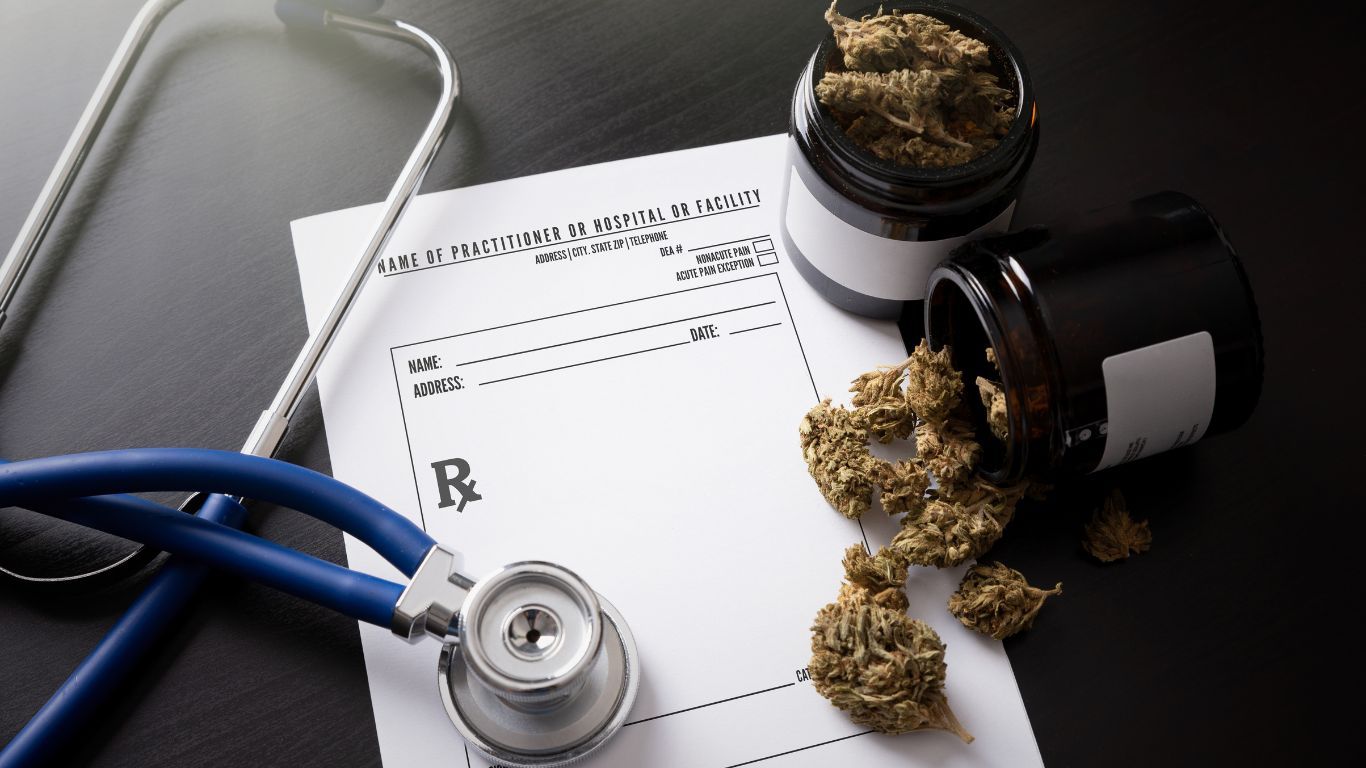
An Albertan recently won an appeal to have their medical cannabis covered by Workers’ Compensation.
On March 19 of this year, the Appeals Commission for Alberta Workers’ Compensation reversed the 2023 Workers’ Compensation Board (WCB) Dispute Resolution and Decision Review Body (DRDRB) decision.
That decision from 2023 ruled that the worker was not entitled to coverage for medical cannabis based on a workplace accident in January 2011 in which the worker injured their ankle after falling on a patch of ice.
Throughout the claim, the WCB had accepted the worker’s claim for a left ankle fracture and Chronic Regional Pain Syndrome (CRPS), but in March 2015, a case manager denied the authorization of cannabis for medical purposes as it was considered a non-standard medical aid in use for treatment of chronic pain.
Then, upon further review, the WCB determined in March 2017 that the worker’s use of medical cannabis was, in fact, related to the injuries accepted under this claim.
“The worker told the panel that the medical cannabis does not take the pain away, but it allows him to function, to relax, and he is able to carry on a conversation with people.”
More than five years later, in September 2022, the WCB informed the worker that any extension of the provision for medical cannabis after September 1, 2022, would be reviewed based on new policy criteria for authorization of medical cannabis.
For ongoing coverage, WCB requires a clinical reassessment to be conducted by the authorizing physician and confirmation of functional improvement every three months. WCB’s policy states that it will continue coverage if there is sufficient evidence that the cannabis is effective, measurable treatment goals are reached and maintained, and there are no adverse effects that outweigh the benefits of the cannabis.
Then, on February 16, 2023, following further reviews by WCB medical consultants, a WCB case manager ruled that the worker did have a designated condition named under the new policy criteria, but that the worker had exceeded the standard for maximum allowable THC content and maximum daily use of three grams a day, with a maximum allowable THC content of 90 milligrams per gram or 9% THC.
Because of this determination, WCB ruled that the worker did not meet all the criteria that would allow the agency to authorize medical cannabis. That ruling was immediately appealed by the worker and upheld just a few days later before it was sent to the Dispute Resolution and Decision Review Body.
In their decision, the review body noted that the worker’s long-time physician had supported his use of cannabis to deal with his chronic pain from this accident, noting that the worker uses different amounts depending on his level of pain. The physician argued that his patient represented an exception to the WCB’s rules of no more than 3 grams a day at no more than 9% THC.
The physician also indicated the worker had not used cannabis prior to his injury and had only tried it after conventional treatment for his pain did not work. He described himself as feeling like a “zombie” before trying medical cannabis, according to the review board’s ruling.
“The worker told the panel that the medical cannabis does not take the pain away, but it allows him to function, to relax, and he is able to carry on a conversation with people,” states the final ruling. “It has allowed him to have a normal relationship with his wife, family, and friends. He is aware enough of what dose and route he requires to prepare himself for outings and interactions and events such as the hearing.”
The man says he has been using four grams per day for approximately five years without limits on THC or CBD, following the guidance of his doctor. He generally smokes but occasionally vapes dried flower, because edible products are often too expensive. He also uses edibles in the form of gummies, as well as topical gels and patches. Although he uses THC products, the majority of the products he consumes are primarily CBD-rich.
Following the WCB ruling that said he was consuming more cannabis than necessary, the man also worked with his physician to lower his daily intake of cannabis, which resulted in an inability to eat or sleep due to the pain.
Following these results, it was his physician who then advised him to go back to his usual dosages and modes of consumption.
In its final ruling, the review panel found that the majority of the evidence supports the worker’s use of medical cannabis under the WCB’s criteria in WCB Policy 04-06, Part II, Application 6, Question 8.











